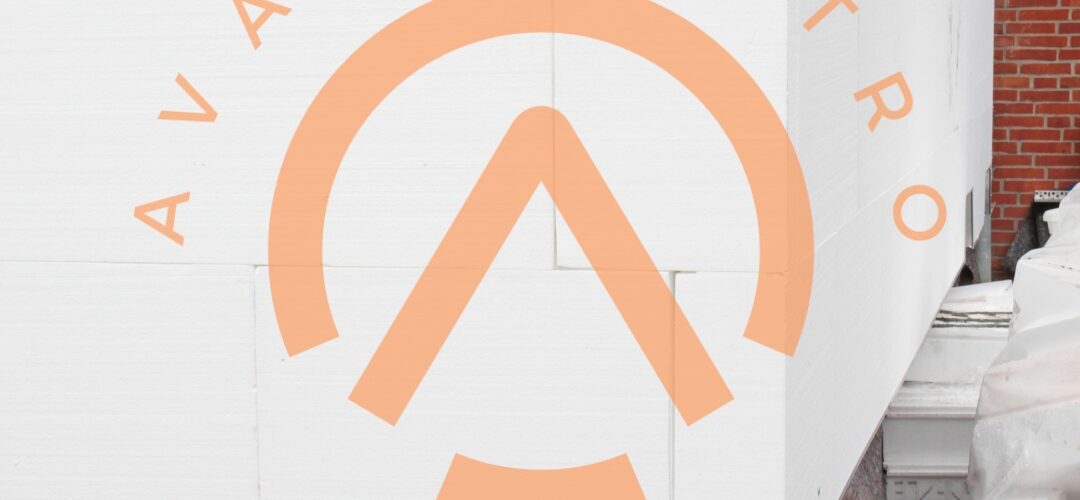EPS Board vs XPS Board: Choosing the Best Insulation Material
Introduction
When it comes to insulating your home or commercial building, selecting the right material is crucial for energy efficiency, cost-effectiveness, and long-term performance. EPS board and XPS board are two widely used insulation materials, each with its own set of characteristics and applications. In this article, we will take an in-depth look at EPS Board vs. XPS Board to help you understand their differences and choose the best option for your insulation requirements.
EPS Board vs. XPS Board: A Comparative Analysis
Below is a comprehensive comparison table highlighting the key differences between EPS board and XPS board:
| Parameters | EPS Board | XPS Board |
| Composition | Expanded Polystyrene (EPS) | Extruded Polystyrene (XPS) |
| Thermal Conductivity (R-value) | Higher | Lower |
| Moisture Absorption | Higher | Lower |
| Compression Resistance | Lower | Higher |
| Cost | Lower | Higher |
| Environmental Impact | Environmentally Friendly | Moderate Impact |
| Application | Wall, Roof, Floor | Roof, Below-Grade |
| Longevity | Shorter Lifespan | Longer Lifespan |
| Recyclability | Recyclable | Less Recyclable |
| Installation | Easy | Requires Expertise |
Understanding EPS Board
EPS board, commonly known as Styrofoam, is made from expanded polystyrene beads that are fused together using steam and pressure. This process creates a lightweight and closed-cell structure that offers good insulation properties. EPS board is widely used for insulating walls, roofs, and floors due to its cost-effectiveness and easy installation.
EPS Board Applications:
• Wall insulation in residential and commercial buildings.
• Roof insulation in both sloped and flat roofs.
• Floor insulation to prevent heat loss in cold environments.
EPS Board Advantages:
1. Cost-Effective: EPS board is one of the most budget-friendly insulation options available.
2. Easy Installation: Its lightweight and easy-to-handle nature simplify the installation process.
3. Thermal Resistance: EPS board provides excellent thermal resistance, keeping indoor spaces well-insulated.
4. Recyclable: Being recyclable, EPS board contributes to eco-friendly construction practices.
EPS Board Disadvantages:
1. Moisture Absorption: EPS boards tend to absorb moisture, leading to a reduction in their insulation effectiveness.
2. Compression Resistance: It has lower compression strength, making it less suitable for heavy loads or constant pressure.
Exploring XPS Board
XPS board, also known as blue board due to its color, is made through an extrusion process that results in a dense, closed-cell structure. This material offers enhanced strength and durability, making it ideal for specific applications, especially in areas with high moisture exposure.
XPS Board Applications:
• Roof insulation in areas with high humidity and moisture.
• Below-grade insulation to protect against water infiltration.
• Insulating foundation walls and frost-protected shallow foundations.
XPS Board Advantages:
1. Higher R-Value: XPS board boasts a higher R-value than EPS, providing superior thermal resistance.
2. Moisture Resistance: With low moisture absorption, it remains effective in damp conditions.
3. Compression Strength: XPS board can withstand heavy loads and pressure without significant deformation.
4. Longevity: Its durability ensures a longer lifespan compared to EPS board.
XPS Board Disadvantages:
1. Cost: The enhanced properties come at a higher cost compared to EPS board.
2. Environmental Impact: The manufacturing process has a moderate impact on the environment, making it less eco-friendly.
FAQs About EPS Board vs. XPS Board
Is EPS Board Suitable for Below-Grade Insulation?
No, EPS board is not the best choice for below-grade insulation due to its higher moisture absorption. XPS board, with its superior moisture resistance, is a more suitable option for below-grade applications.
Which Board Provides Better Thermal Resistance?
XPS board offers a higher R-value, indicating better thermal resistance compared to EPS board.
Can EPS and XPS Boards be Recycled?
Yes, both EPS and XPS boards are recyclable. However, EPS boards are more easily recyclable than XPS boards.
Are EPS and XPS Boards Environmentally Friendly?
EPS board is considered more environmentally friendly due to its lower environmental impact during production.
Can I Install EPS Board on Flat Roofs?
Yes, EPS board is suitable for insulation on both sloped and flat roofs.
What Is the Lifespan of XPS Board?
XPS board has a longer lifespan compared to EPS board, thanks to its enhanced durability.
Conclusion
Choosing the right insulation material between EPS board and XPS board depends on various factors, including your budget, the application, and the desired performance. EPS board offers cost-effectiveness and easy installation, making it a popular choice for many projects. On the other hand, XPS board excels in providing higher thermal resistance and moisture resistance, making it a better option for specific applications, especially in areas prone to high humidity.
Before making a decision, evaluate the requirements of your project and consult with insulation experts to ensure you make an informed and energy-efficient choice. Whether you opt for the cost-effective versatility of EPS board or the enhanced performance of XPS board, proper insulation will undoubtedly lead to improved energy efficiency and a more comfortable living or working environment.

